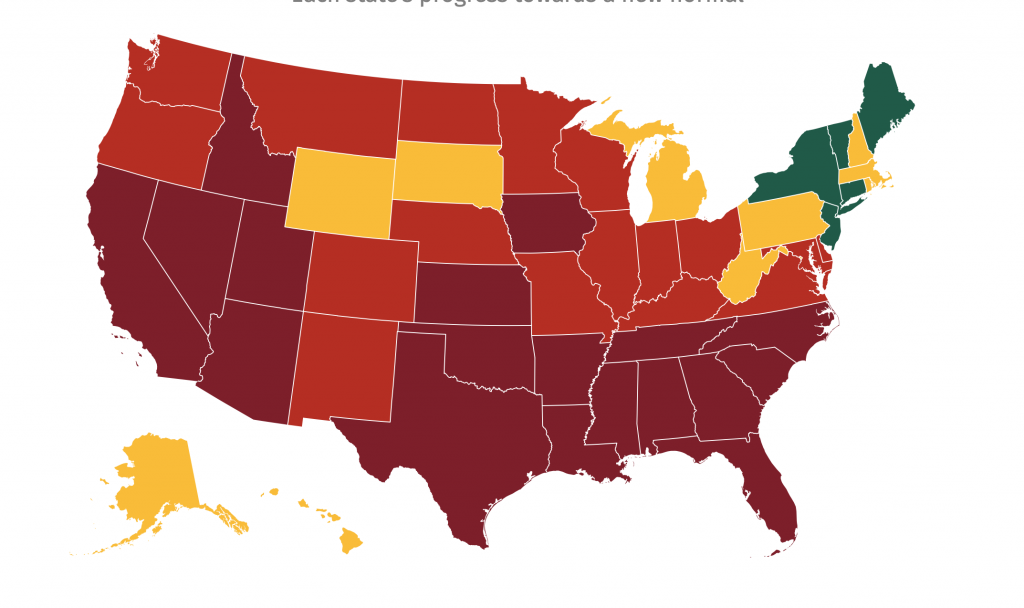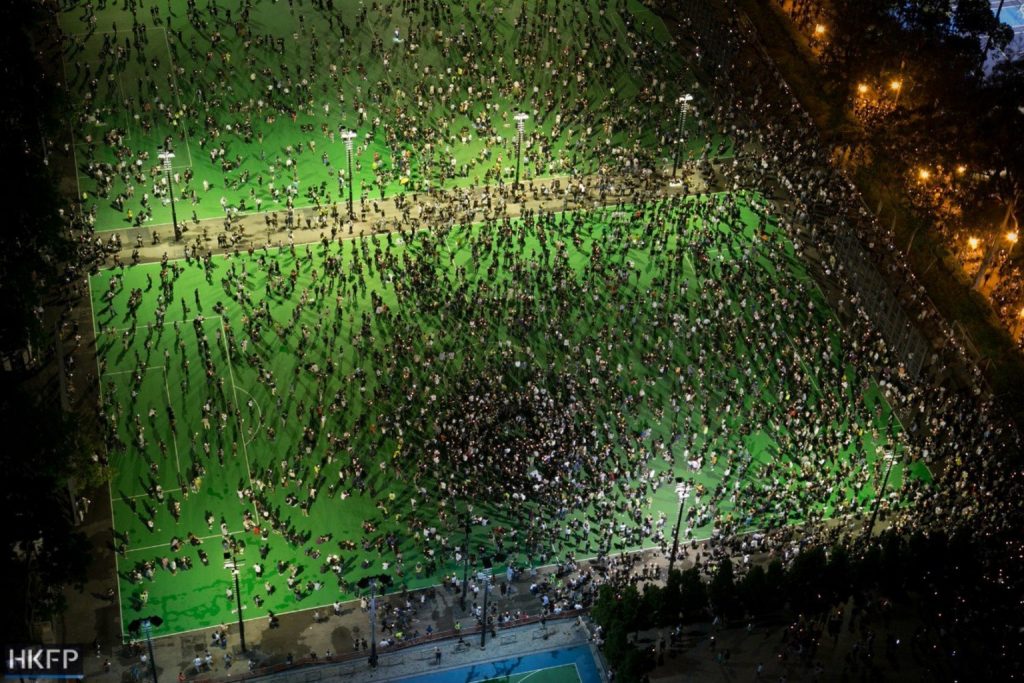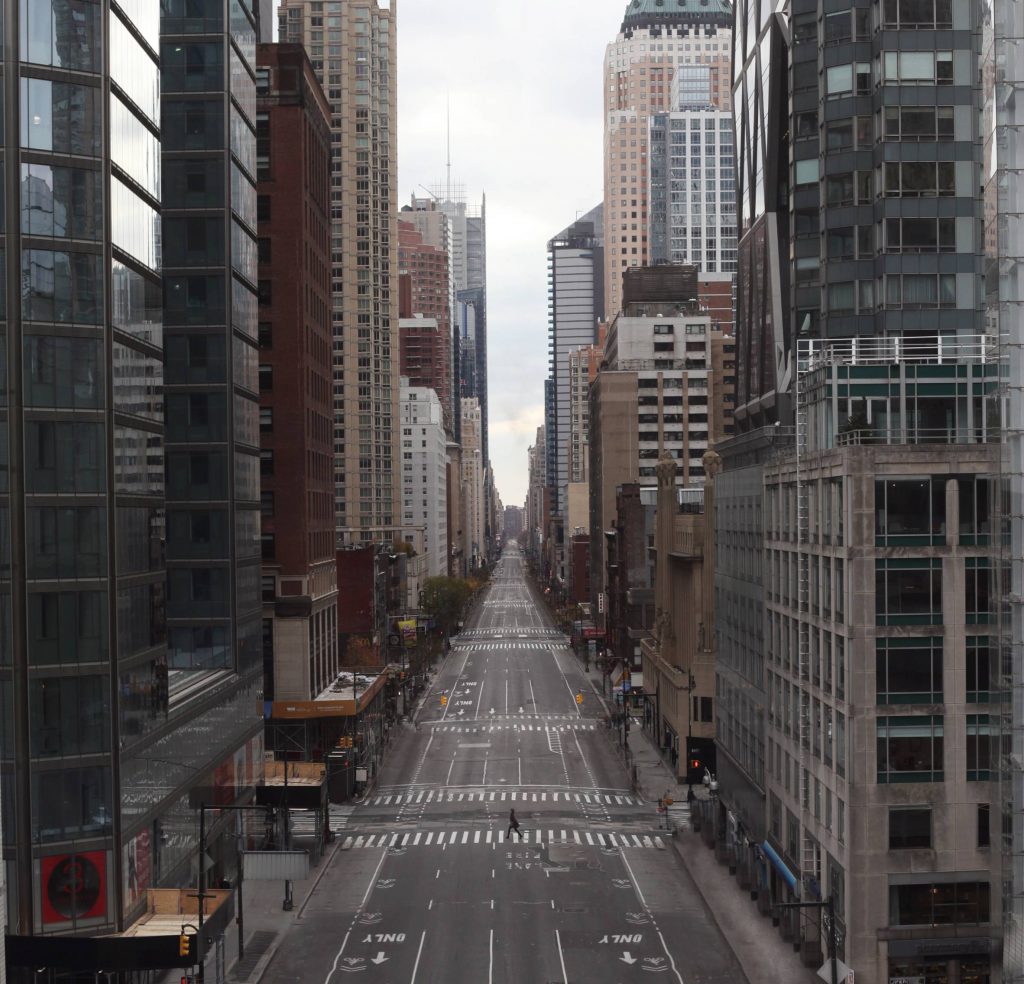
Exotic financial instruments. Linking ‘investors’ and funding to projects to weave profits out of insurance or management strategies designed to ease or hasten climate adaptation… doesn’t actually work:
That’s because of the nature of the underlying “asset.” Sure, in theory, you could securitize the construction of a seawall and capture returns via fees from wealthy coastal dwellers or local councils. But seawalls are not widgets. Each has to be uniquely designed for a specific location and its conditions. There are few economies of scale.
There’s also no established norm about how the costs of climate adaptation projects should be shared among those who are being protected. Will enough residents willingly pay for our theoretical seawall, either directly or via their taxes? Who’s being protected, and at whose expense? Structures that protect one stretch of beach can often create problems further along the coastline.
Adaptation doesn’t fall into a neat category. It can mean investing in infrastructure or designing programs to protect nature. It can involve constructing big sea walls, but it can also be about retaining trees on city streets, or ensuring access to clean drinking water. Right now these measures are too small to interest big pension funds and asset managers. A report by UNEP and others found only about two dozen projects larger than $25 million over the last few years.
Important to separate the reality that climate measures are necessary, and will necessarily save money down the road, from the notion that they represent just another opportunity to build a new revenue stream. The article wisely links climate to justice, and as much as it pains many Americans, there is no way around that. It has been true for even longer than it’s been evident – and it’s been evident for a very long time: people cannot live without justice. Racial. Climate. Economic. These are non-negotiable bonds, in the common parlance. We will do it for its own sake, because it benefits people. THAT’s the return. Clean up the rentier class soiling the revenue stream, the water will run clearly.
Image: Photograph: Emory Kristof/National Geographic/Getty Images








